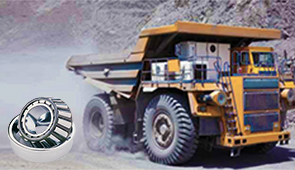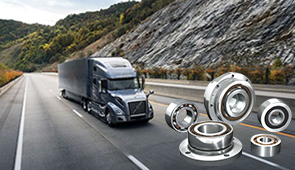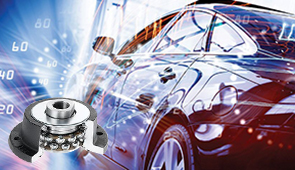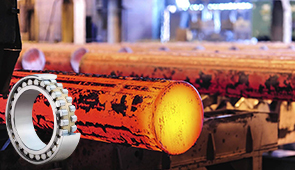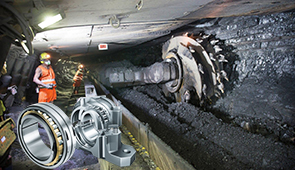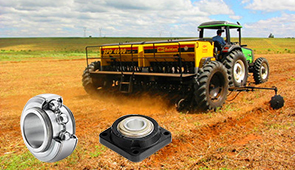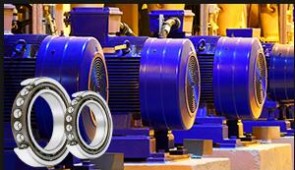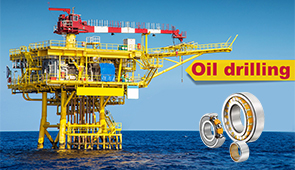Can wheel bearing affect brakes?
Wheel bearings are a vital part of any vehicle, but they sometimes fail without warning. The bad news is that if you have a wheel bearing failure, it can cause damage to other parts of your car, including the brakes.
Yes, wheel bearings can affect your braking system if they fail. When a wheel bearing fails, it causes the wheel to wobble when you are driving or turning. This wobbling can cause excessive wear on the brake pads and rotors, which will require replacement sooner than usual.
Hub Bearings can affect brakes.
A hub bearing is the part of your vehicle’s suspension that allows your wheel to turn without moving the entire axle. It’s located in the center of each wheel hub and is typically made from rubber, but sometimes it’s made from metal. If you have a problem with your hub bearings, there are a few things you can do to help fix it yourself.
If you’re having problems with your brakes or steering that don’t seem to be caused by anything else, one of the first things you should check is your hub bearings. They’re easy to find because they’re located right in front of the wheels on either side of your vehicle’s axle. They look like small cylinders (although they may be larger or smaller than other parts on your car) and should have grease around them to keep them lubricated and working properly.
When you apply pressure on your brake pedal, this sends hydraulic fluid into a set of brake lines that run from inside your vehicle through tubes under the hood and eventually down to each wheel.
Damaged wheel bearings can cause braking problems.
Damaged wheel bearings can cause the wheels to wobble and shake, which may result in loss of control. The vehicle may be hard to steer and pull to one side. The steering wheel may feel tight or stiff.
Vehicles with ABS brakes and electronic stability control (ESC) may not be able to detect a brake problem if the wheel bearing is damaged. The ABS warning light may not illuminate, even when the brake system is malfunctioning.
The owner’s manual should tell you how to check the condition of your wheel bearings. If you see grease or oil on your tires or on the ground under your vehicle, have your wheels inspected by a qualified technician as soon as possible.
If you hear a grinding noise when turning or stopping, or if steering effort increases significantly when turning left or right, have your wheels inspected by a qualified technician as soon as possible.”
Loss of control of the vehicle when wheel bearings are damaged.
Wheel bearings are the most common problem that you can have with your car. They are a vital part of your vehicle, as they allow the wheels to turn easily and smoothly. A wheel bearing is made up of several parts, including the outer race, inner race and ball bearings. When these parts wear out or break down, you will notice that your vehicle is no longer driving smoothly. It may also feel like the wheels are locked up when your car is turning or braking.
If your vehicle starts to shake while driving, this could be a sign that you need new wheel bearings. If you notice that there is an abnormal amount of noise coming from one or two specific spots on your tires while driving, then this could be another indication that something is wrong with your wheel bearings.
If you hear loud clicking sounds when turning the steering wheel or if it feels like something is dragging underneath your car when turning corners, then it may be time to get new wheel bearings installed by a professional mechanic right away before further damage occurs!
Wheel bearings affect the vehicle’s braking system.
They allow your wheels and tires to spin freely, which helps your car move forward and steer.
The wheel bearings are also involved in braking, so they affect your car’s stopping power. You may notice that when you press on the brakes, it takes longer to stop than it used to. This is because the wheel bearings have begun to wear down and become less effective at transferring motion from one side of the axle to another.
The brake pads also use some of their pressure to push up against the rotor, which causes friction that slows down the spinning rotor. When this happens, more pressure must be applied by the driver in order for them to stop at the same rate as before.
Wheel bearing is an important part of wheel rotation.
Without it, the wheels will not be able to rotate smoothly. When you drive on the road, the vehicle’s engine spins a shaft that turns the wheels. The shaft is connected to the wheel bearing through a set of gears. The gear set converts rotational motion into linear motion that moves your car forward or backward.
In order to work properly, the bearings must be lubricated with a special grease or oil. Without lubrication, friction could result in damage to both the bearings and their housing.
A wheel bearing’s job is to absorb any irregularities in the shaft’s movement so that there is no friction between it and its housing. This allows for smooth rotation of your vehicle’s wheels as they move around curves and over bumps in the road surface during normal driving conditions.
When the wheel bearing is worn, the wheel bearing should be replaced in time.
It is a matter of personal safety to replace the wheel bearing in time. According to statistics, 50% of the accidents that occurred on the road are caused by worn out wheel bearings.
The wheel bearing is a kind of small machine. When it is worn out, it will affect the car’s driving performance, especially when it enters the high-speed road and turns sharply. When this happens, there will be vibration and noise from the wheels, which may cause accidents if ignored.
In addition, if a worn out wheel bearing is not replaced in time, its performance will deteriorate gradually and finally fail completely. In this case, it will be very difficult to drive smoothly on the highway or off-road terrain.
Wheel bearings are one of the key parts of your car’s suspension system. They help stabilize and allow your wheels to spin smoothly. If a wheel bearing goes out and is not properly replaced, it can affect your braking.
UCTH213-40J-300 with Setscrew(inch)
CNSORDERNO: Normal-duty(2)
TOGN: UCTH213-40J-300
SDI: B-R1/8
SD: 2 1/2
UCTH212-39J-300 with Setscrew(inch)
CNSORDERNO: Normal-duty(2)
TOGN: UCTH212-39J-300
SDI: B-R1/8
SD: 2 7/16
UCTH212-38J-300 with Setscrew(inch)
CNSORDERNO: Normal-duty(2)
TOGN: UCTH212-38J-300
SDI: B-R1/8
SD: 2 3/8
UCTH212-36J-300 with Setscrew(inch)
CNSORDERNO: Normal-duty(2)
TOGN: UCTH212-36J-300
SDI: B-R1/8
SD: 2 1/4
UCTH211-35J-300 with Setscrew(inch)
CNSORDERNO: Normal-duty(2)
TOGN: UCTH211-35J-300
SDI: B-R1/8
SD: 2 3/16
UCTH211-34J-300 with Setscrew(inch)
CNSORDERNO: Normal-duty(2)
TOGN: UCTH211-34J-300
SDI: B-R1/8
SD: 2 1/8









